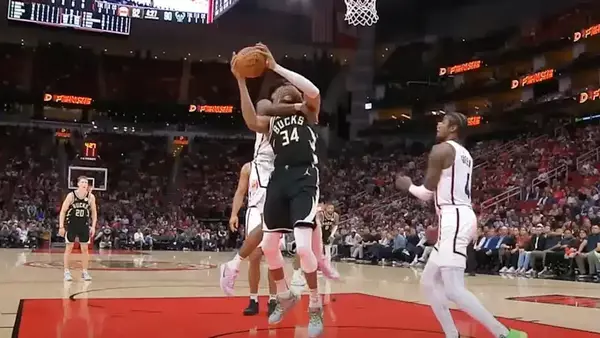
When Mardhzina left her home on the outskirts of Kyiv to shield her family from the war, the 41-year-old single mother hoped she would be returning quickly to Ukraine. A year later, she is now considering a future in France, while keeping a close eye on her home country's fate.
Mardhzina began learning French two months ago. In front of her school, located in the Paris suburb of Gennevilliers, the Ukrainian exile laughed about her difficulties integrating. "Foreign languages are not allowed in class, so when you arrive you don't understand anything," she said. "I tried to be sneaky at first by sitting next to a Ukrainian girl but the teacher immediately separated us!”
After initially taking her studies lightly, Mardhzina now follows the program assiduously, taking classes three days a week, from 9 am to 5 pm. The effort is necessary, so she can find "a real job", she said. It also reflects her change of heart, since the young woman had initially clung to the hope that she would return swiftly to Ukraine.
The Russian onslaught
Before the war, Mardhzina was a legal advisor for several companies. She lived in Vyshneve, a city of 40,000 people, three kilometres southwest of the capital. On the morning of February 24, she was shocked to learn that the Russians had invaded and that soldiers crossing the border from Belarus were already in the Kyiv region. "After the initial shock, my first instinct was to stay and participate in the war effort. My relatives and especially my sister convinced me to leave because I am a single mother and the Russian troops were just fifteen kilometres away".
On the evening of March 1, Mardhzina left town with her 18- and 14-year-old daughters. She still remembers the "apocalyptic" sight of the huge crowd massed at the station for hours with the lights off to avoid bombardments. A journey of several days took her to Poland, then to Germany and finally to Paris, where the family put down their suitcases on March 5.
>> Exodus from Ukraine: A night spent with civilians fleeing Russia's invasion
No going back
Mardhzina had never been to France and did not speak a word of French when she arrived. She was, however, in a long-distance relationship over the past year with a Frenchman, Christophe, who had become her boyfriend several months after they met online.
"Before the war he came to spend time with us in Ukraine. I planned to come and see him in Paris but not to live there... until the Russian invasion," she explained.
Cramped in her companion's apartment, the mother and her daughters moved several times, hosted by an acquaintance and then by a family. All three obtained temporary protection granting Ukrainians who fled the war a similar status to that of a refugee. "I was not initially looking for permanent accommodation. I believed that a peace agreement would be reached quickly and that we could return. Little by little, I was forced to change my mind," Mardhzina recalled.
>> Yana, a Russian exile in Paris: 'Russia's destiny is everyone's business'
With a heavy heart, Mardhzina finally made the decision to give up her apartment in Vyshneve over the summer. Then, in the beginning of November, after returning to Ukraine to finalise administrative procedures, she realised just how much life there had become unbearable. "My city was largely spared from Russian bombardments, which destroyed entire regions. All the same, everything has stopped there, people live to the rhythm of power cuts, the administration works in slow motion, the most simple things such as cooking or washing clothes have become problematic," she said.
Between hope and fear
Determined to rebuild her life in France, Mardhzina found an evening job as a cleaner in a hospital. The job allows her to work without interrupting her French lessons. She temporarily returned to live with her boyfriend and hopes to obtain social housing large enough to settle her family there for the long term. The young woman diligently follows the latest developments in Ukraine through a dozen WhatsApp groups.
"We are currently hearing a lot about the corruption scandals that affect many politicians, oligarchs and even the army," she said. "People have turned a blind eye to these practices that have plagued our country for a long time. In the current context, corruption has become unacceptable. This war is a fight for freedom but also against corruption,” said the young woman.
While heartened by what she describes as a belated but salutary awakening of consciences, Mardhzina is also concerned about other developments she has observed since the start of the war. "Contrary to the anti-Nazi propaganda coming from Moscow, Ukraine is a country of tolerance. I am an example of this: I am Russian-speaking and physically different, because I have origins from Turkmenistan, but no one has ever discriminated against me in my country. Yet today, I have the impression that radical ideas are gaining ground," she said. "Some want to ban the Russian language; others propose withdrawing Ukrainian nationality from men who refuse to go to the front... These nationalist outbursts worry me, I fear for the future of my country. At the same time, I am full of admiration for the Ukrainians who stayed and sacrificed themselves for their freedom," she added. "For our freedom."
This article was translated from the original in French.







